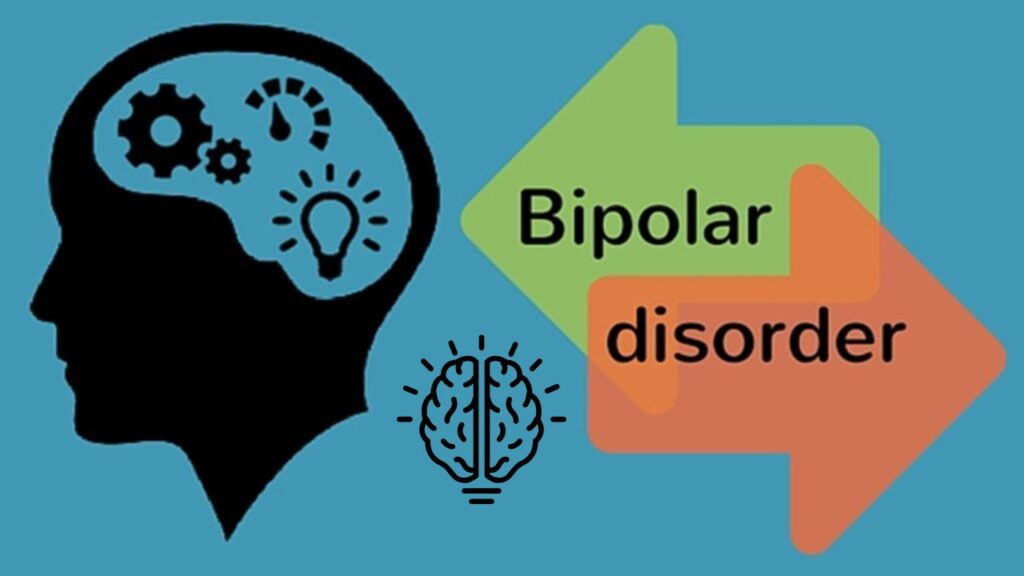Bipolar disorder is a complex mental health condition characterized by extreme mood swings, including episodes of mania and depression. Developing a comprehensive nursing care plan for individuals with bipolar disorder is crucial for effective management and improved quality of life. Nurses play a key role in assessing symptoms, identifying triggers, setting achievable goals, and implementing targeted interventions. In countries like South Africa, understanding cultural context, local mental health resources, and available support systems can significantly enhance patient outcomes. This guide outlines assessment, diagnosis, goals, and interventions for a structured nursing approach to bipolar disorder.

Comprehensive Assessment for Bipolar Disorder Patients
The first step in a nursing care plan involves a thorough assessment of the patient. This includes evaluating mood fluctuations, sleep patterns, appetite changes, energy levels, and daily functioning. Nurses should also observe for behavioral symptoms such as irritability, agitation, or excessive talkativeness during manic episodes, and withdrawal, sadness, or hopelessness during depressive phases. Gathering a detailed patient history, including family history of mental illness, previous hospitalizations, and medication compliance, is essential. Additionally, assessing the patient’s support system and coping strategies helps in planning interventions tailored to the local healthcare context and individual needs.
Diagnosis and Identification of Nursing Priorities
After assessment, nurses identify priority nursing diagnoses based on observed symptoms and patient needs. Common diagnoses include risk for injury due to impulsive behavior, disturbed sleep pattern, impaired social interaction, and ineffective coping. Accurate diagnostic labeling allows nurses to prioritize interventions and develop measurable goals. In South Africa, integrating national mental health guidelines and considering access to community mental health services ensures that the care plan aligns with both patient safety and legal standards. Collaboration with psychiatrists, psychologists, and social workers enhances the accuracy of diagnosis and ensures holistic patient support.
Setting Goals and Expected Outcomes
Establishing clear, measurable nursing goals is critical for effective care. Goals may include stabilization of mood swings, improved sleep patterns, adherence to prescribed medications, enhanced coping mechanisms, and increased social interaction. Nurses should use the SMART goal approach to ensure objectives are specific, measurable, achievable, relevant, and time-bound. Engaging patients and families in goal setting promotes collaboration and encourages active participation in care. Monitoring progress through regular assessments and documenting outcomes helps adjust interventions promptly, ensuring continuous improvement and support for individuals with bipolar disorder.
Evidence-Based Nursing Interventions
Nursing interventions for bipolar disorder combine both pharmacological and non-pharmacological approaches. Key interventions include monitoring medication adherence, promoting a structured daily routine, encouraging healthy sleep hygiene, and teaching stress management techniques. Nurses also facilitate psychoeducation sessions to help patients and families recognize early warning signs of mania or depression. Incorporating therapeutic communication and crisis intervention strategies is essential during acute episodes. Collaboration with community support groups and mental health organizations enhances patient engagement and long-term recovery. These interventions are tailored to the individual’s cultural and social context in South Africa, ensuring practical and sustainable care.
| Assessment Area | Observation/Findings | Nursing Intervention | Expected Outcome |
|---|---|---|---|
| Mood Fluctuations | Mania or depression episodes | Monitor mood daily and document | Stable mood patterns |
| Sleep Patterns | Insomnia or hypersomnia | Promote sleep hygiene routine | Improved sleep quality |
| Medication Adherence | Missed doses reported | Educate on medication importance | Consistent adherence to therapy |
| Social Interaction | Withdrawal or agitation | Encourage social activities | Improved patient relationships |
| Coping Strategies | Poor stress management | Teach stress relief techniques | Effective coping skills |
FAQs
1. What is the main goal of a nursing care plan for bipolar disorder?
To stabilize mood swings and improve patient functioning.
2. How often should mood assessments be conducted?
Daily monitoring is recommended for accurate tracking.
3. Are family members involved in care plans?
Yes, family engagement supports education and compliance.
4. Can non-pharmacological interventions help?
Yes, routines, therapy, and stress management are effective.
